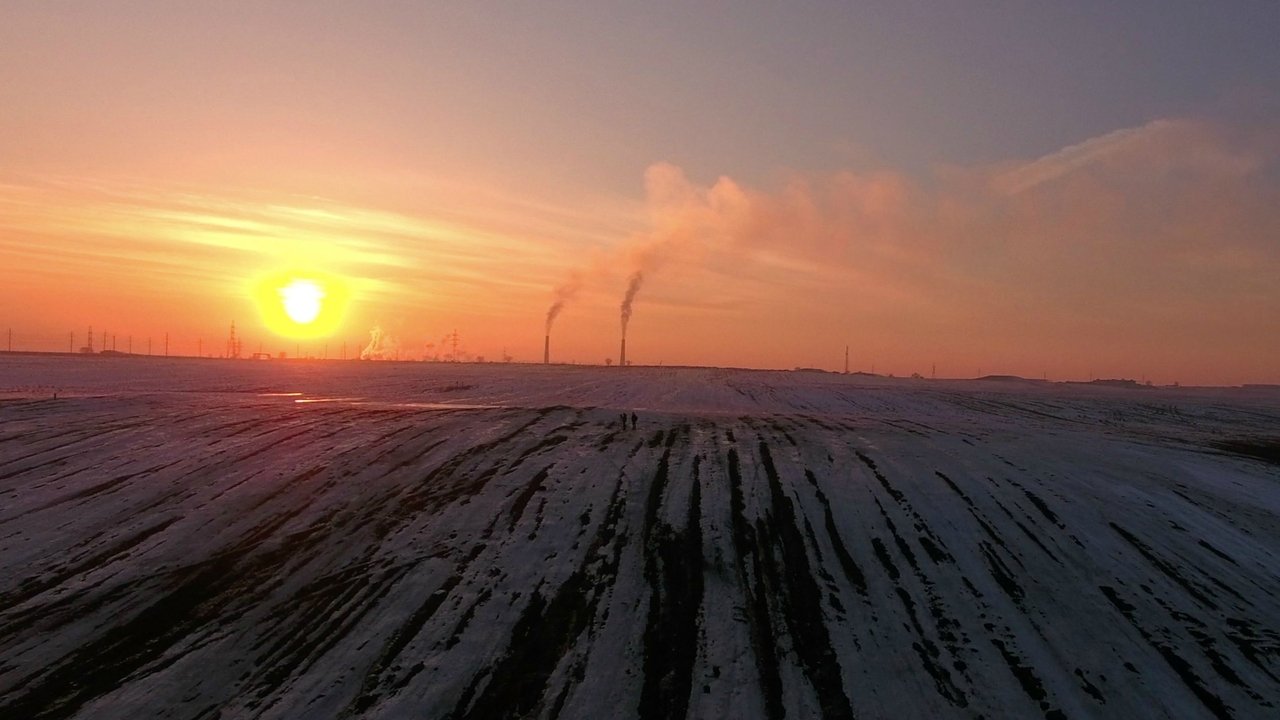
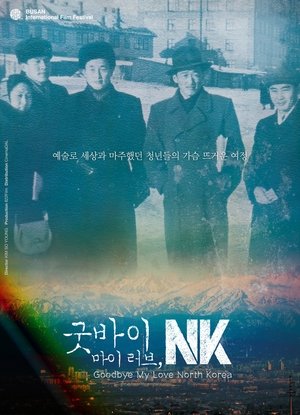
Goodbye My Love, NK(2019)
Where you are born is called “hometown”. What do you call where you are buried? A story about 8 North Koreans who went to Moscow Film School in 1952, and sought political asylum in 1958 after denouncing KIM Ilsung. Their lives as Koreans and as filmmakers are captured through images from Moscow to Kazakhstan.

Movie: Goodbye My Love, NK

굿바이 마이 러브NK: 붉은 청춘
HomePage
Overview
Where you are born is called “hometown”. What do you call where you are buried? A story about 8 North Koreans who went to Moscow Film School in 1952, and sought political asylum in 1958 after denouncing KIM Ilsung. Their lives as Koreans and as filmmakers are captured through images from Moscow to Kazakhstan.
Release Date
2019-05-02
Average
0
Rating:
0.0 startsTagline
Genres
Languages:
한국어/조선말Keywords
Similar Movies
 8.7
8.7Jeronimo(en)
Born to Korean immigrant parents freed from indentured servitude in early twentieth century Mexico, Jerónimo Lim Kim joins the Cuban Revolution with his law school classmate Fidel Castro and becomes an accomplished government official in the Castro regime, until he rediscovers his ethnic roots and dedicates his later life to reconstructing his Korean Cuban identity. After Jerónimo's death, younger Korean Cubans recognize his legacy, but it is not until they are presented with the opportunity to visit South Korea that questions about their mixed identity resurface.
 7.2
7.2The Journey of Man: A Genetic Odyssey(en)
Many geneticists and archaeologists have long surmised that human life began in Africa. Dr. Spencer Wells, one of a group of scientists studying the origin of human life, offers evidence and theories to support such a thesis in this PBS special. He claims that Africa was populated by only a few thousand people that some deserted their homeland in a conquest that has resulted in global domination.
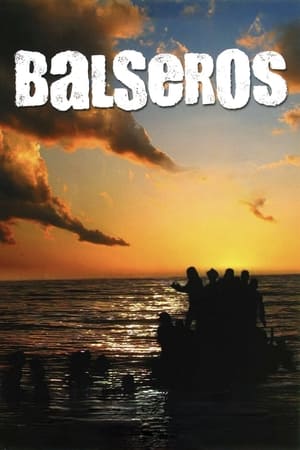 6.3
6.3Cuban Rafters(es)
The story of Cuban refugees who risked their lives in homemade rafts to reach the United States, and what life is like for those who succeed.
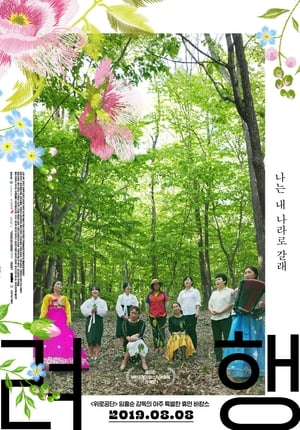 0.0
0.0Ryeohaeng(ko)
A group of women climbs a summer mountain situated in South Korea. They are refugees who have settled into South Korean society after fleeing from North Korea. For them, climbing the mountains has been an unavoidable journey for survival - a matter of life and death.
Blood and Water(en)
When the 2004 tsunami hit the coast of Sri Lanka, 65-year-old Anton Ambrose's wife and daughter were killed. "In five minutes," he says, "I lost everything." A year later, Anton returns to Sri Lanka. With him is his nephew, award-winning filmmaker Rohan Fernando. A Tamil, Anton moved to California in the 1970s and became a very successful gynecologist. His daughter, Orlantha, made the opposite journey, returning to Sri Lanka where she ran a non-profit group that gave underprivileged children free violin lessons. Blood and Water is the story of one man's search for meaning in the face of overwhelming loss, but it is also filled with improbable characters, unintentional comedy and situational ironies.
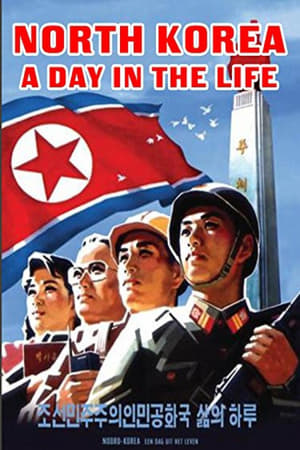 6.5
6.5North Korea: A Day in the Life(nl)
If the cityscapes and patriotic anthems of this film seem a far cry from the bleak landscape of Seoul Train, that's no accident. Dutch filmmaker Pieter Fleury, with the full permission and cooperation of the North Korean government, created this propaganda film that gives us a glimpse of a day in the life of one of the world's most enigmatic societies. A Day in the Life, largely dictated by the North Korean film bureau, follows a typical North Korean family through their daily duties, largely dedicated to the pride in the North Korean nation of comrades and the glory of General Kim Jong Il. The film is meant to extol the success of modern North Korea. But does it? With straight footage and a total absence of narration, viewers may interpret Fleury's film in a slightly different manner than intended
 6.8
6.8Assassins(en)
True crime meets global spy thriller in this gripping account of the assassination of Kim Jong-nam, the half brother of the North Korean leader. The film follows the trial of the two female assassins, probing the question: were the women trained killers or innocent pawns of North Korea?
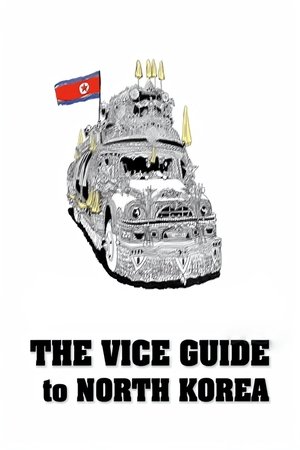 0.0
0.0The VICE Guide to North Korea(en)
Getting into North Korea was one of the hardest and weirdest processes VBS has ever dealt with. They finally said, “OK, OK, you can come. But only as tourists.” At the airport, the North Korean consulate brought us to a restaurant and these women came out and started singing North Korean nationalist songs. We were thinking, “Look, we were just on a plane for 20 hours. Can we just go to bed?” but this guy with our group who was from the LA Times told us, “Everyone in here besides us is secret police. If you don’t act excited then you’re not going to get your visa. So we got drunk and jumped up onstage and sang songs with the girls. The next day we got our visas. A lot of people we had gone with didn’t get theirs. That was our first hint at just what a freaky, freaky trip we were embarking on…
 6.0
6.0The Fantastic(ko)
In Maija Blåfield’s documentary, eight former North Koreans talk about what it was like to watch illegal films in a closed society. In addition to the 'waste videos', South Korean films were also smuggled into the country via China.
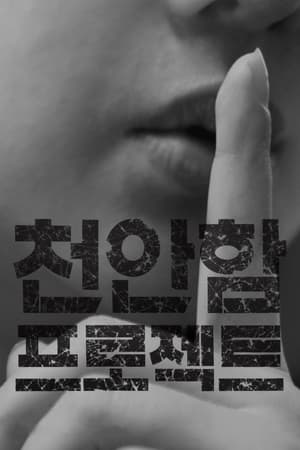 7.0
7.0Project Cheonan Ship(ko)
Interpreting an event of ROKS Cheonan corvette, torpedoed and sunken by North Korea, this documentary rebuilds the event with a different insight. No one can tell if the investigation of Cheonan has reached compelling conclusion. But the film tells and reveals how unreasonable Korean society is.
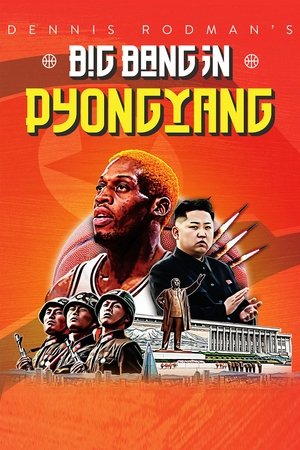 6.5
6.5Dennis Rodman's Big Bang in PyongYang(en)
Dennis Rodman is on a mission. After forging an unlikely friendship with North Korean leader Kim Jong-un, he wants to improve relations between North Korea and the US by staging a historic basketball game between the two countries. But the North Korean team isn't the only opposition he'll face... Condemned by the NBA and The Whitehouse, and hounded every step of the way by the press, can Dennis keep it together and make the game happen? Or will it go up in a mushroom cloud of smoke? For the first time, discover the true story of what happened when Dennis Rodman took a team of former-NBA players to North Korea and staged the most controversial game of basketball the world has never seen.
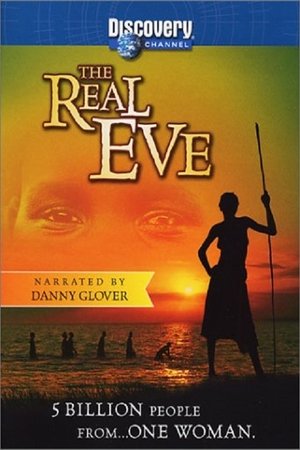 10.0
10.0The Real Eve(en)
The made-for-cable documentary film The Real Eve is predicated on the theory that the human race can be traced to a common ancestor. The mitochondrial DNA of one prehistoric woman, who lived in Africa, has according to this theory been passed down from generation to generation over a span of 150,000 years, supplying the "chemical energy" to all humankind.
Exile: A Myth Unearthed(en)
This feature documentary looks at new evidence that suggests the majority of the Jewish people may not have been exiled following the fall of Jerusalem in 70 AD. Travelling from Galilee to Jerusalem and the catacombs of Rome, the film asks us to rethink our ideas about an event that has played a critical role in the Christian and Jewish traditions.
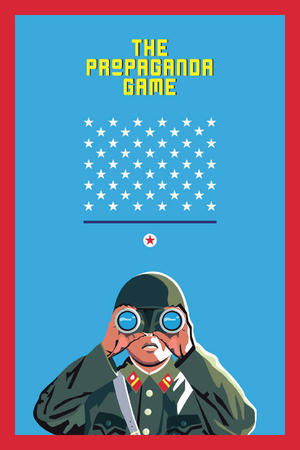 7.0
7.0The Propaganda Game(es)
North Korea. The last communist country in the world. Unknown, hermetic and fascinating. Formerly known as “The Hermit Kingdom” for its attempts to remain isolated, North Korea is one of the largest sources of instability as regards world peace. It also has the most militarized border in the world, and the flow of impartial information, both going in and out, is practically non-existent. As the recent Sony-leaks has shown, it is the perfect setting for a propaganda war.
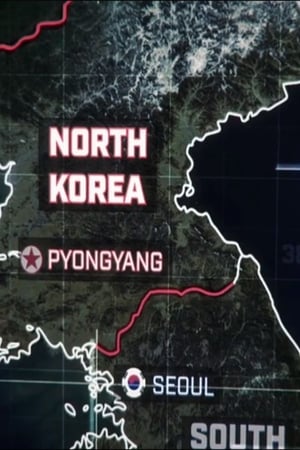 8.0
8.0North Korea: Dark Secrets(en)
This two-hour special reveals the complicated history, extreme politic, and rigid societal standards that have created a legacy of internal oppression and external aggression. As the North Korean people suffered famine, labor camp and public executions, the Kim regime spent three generations relentlessly pursuing nuclear ambitions. They operate as a criminal syndicate, using counterfeit money, drugs and cyber espionage to fund their war machine. Now, with weapons rivaling the world’s superpowers, their aggressive rhetoric has pushed the world to a crisis point.
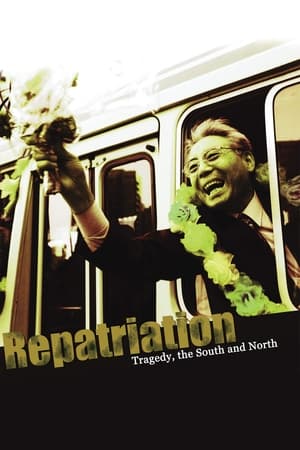 6.4
6.4Repatriation(ko)
In 1992, political prisoners from North Korea settled in the South Korean town where filmmaker Dong-won Kim lived. Sent to South Korea as spies during the war, they spent 30 years in jail. How did they endure the many years of torture? What will become of them now that they have been released? Twelve years in the making, Repatriation is a very personal view of a country divided by an ongoing cold war.
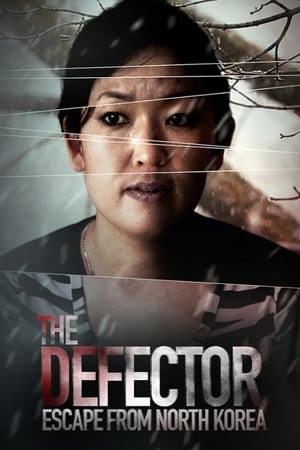 6.2
6.2The Defector: Escape from North Korea(en)
Dragon smuggles North Korean defectors across borders for a living, and his latest undercover trip with Sook-Ja and Yong-hee takes an unexpected turn when they are left stranded in China. This is just the start of an extraordinary 5,000 km journey.
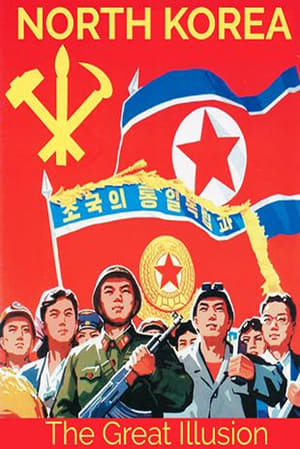 7.0
7.0North Korea: The Great Illusion(en)
This is a journey like no other, after several months of wrangling with North Korean authorities in Paris reporters Michaël Sztanke and Julien Alri obtained a visa for Pyongyang but as soon as they arrived the scene was set by a compulsory photo shoot. Journalists are kept under close surveillance and to go to North Korea is to accept the presence of guides who provide supervision 24 hours a day, their primary role is to protect the countries image. In North Korea’s eyes every foreigner is a potential enemy who must be closely watched, this being said Sztanke and Alri attempt to delve deeper into the inner workings of the hermit kingdom, discovering the real nature of this political regime and how life is for your everyday North Korean.
 10.0
10.0Our Algeria(ar)
"Djazaïrouna", produced by the cinema service of the Provisional Government of the Algerian Republic (GPRA), is a montage film intended to inform the international community at the UN in 1959 on the objectives pursued by the Algerian resistance during the war of 'Algeria. Independence in Algeria (1954-1962). In 1959, Djamel-Eddine Chanderli and Mohammed Lakdar-Hamina produced Djazaïrouna (Our Algeria) from images taken by René Vautier and Doctor Pierre Chaulet. This film, completed a little later and will result in the film “The Voice of the People”. This documentary on the history of Algeria through a montage of current events, traces the political and military actions of the A.L.N, the demonstrations of December 1960, and the attack on a fortified French base on the border between Algeria and Tunisia.
